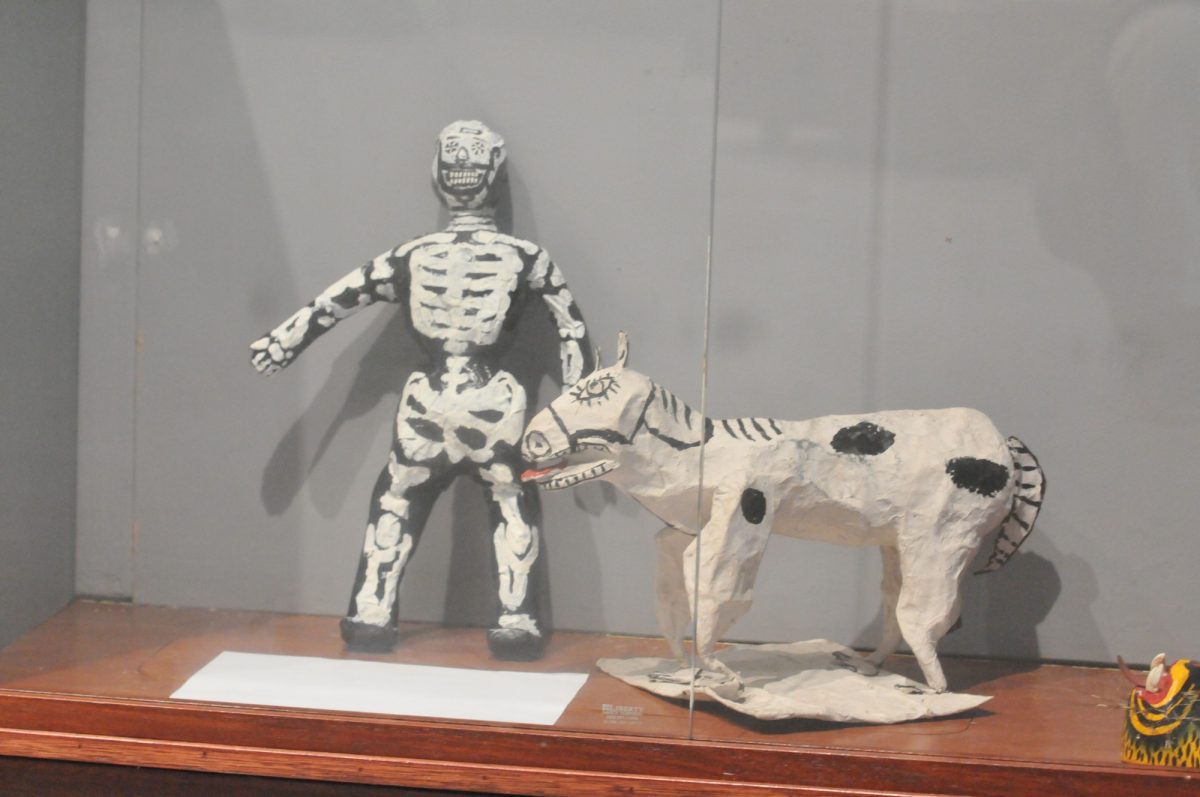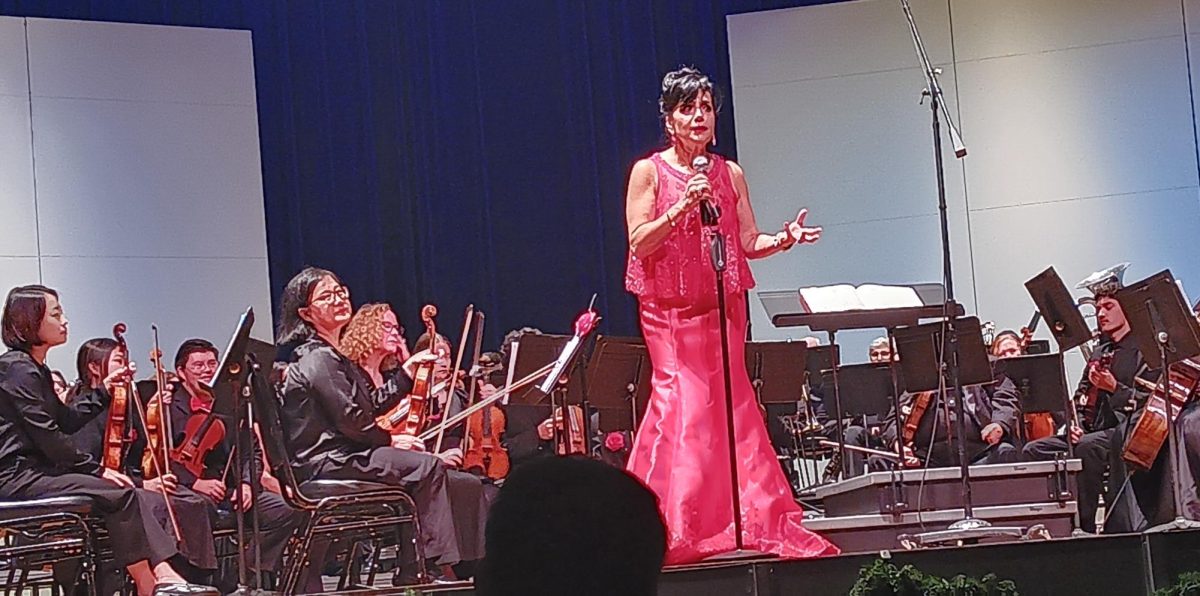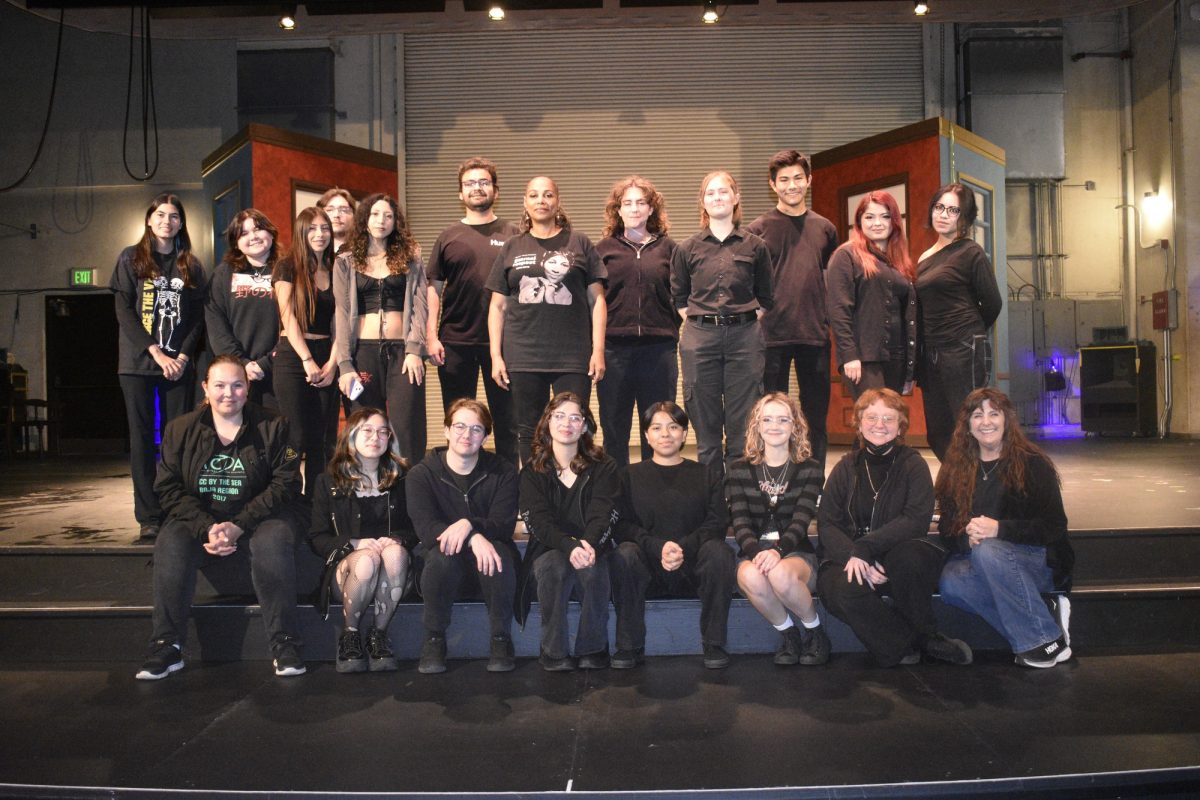Technological advances are allowing students to become more and more creative with the way they cheat.
Last spring, the policy was changed to what it is now called the Academic Honesty and Standards of Conduct Policy.
Each year the policy is reviewed by the academic senate to make sure it’s up to date and with research and media reports having established the continued rise in academic dishonesty among students on America’s college campuses, it’s necessary, Harold Tyler, director of student development, said.
“Yes, cheating and plagiarism are definitely on the rise, especially during midterms and finals,” Tyler said.
The academic honesty policy states, “It is the responsibility of all members of the academic community to behave in a manner which encourages learning and promotes honesty and to act with fairness toward others. Students should not seek an unfair advantage over other students when completing an assignment, taking an examination or engaging in any other kind of academic activity.”
Every student is made aware of the academic honesty policy on every syllabus handed out by an instructor, and in some cases the instructor mandates that the student sign it, acknowledging they have taken the time to read it over.
“It is the student’s responsibility to know the policy and adhere to it,” Francisco Arce, vice president of academic affairs, said.
The consequences for academic dishonesty are determined by the instructor based on the severity, which could be anything from receiving a failing grade for that assignment, all the way up to expulsion.
Instructors are trying to stay ahead and are applying different methods to prevent cheating on exams.
Some instructors use alternating copies of exams with different colors and questions in different orders. Some use random seating to avoid friends or cliques from sitting together. Instructors are especially aware of electronic devices , which are not allowed for any purpose during any exam.
“I have read the policy, and I’ll admit I have been tempted to cheat in the past, but have not done it,” Edgar Lopez, political science major, said.
“Although some say if you aren’t cheating, you aren’t trying,” he said.
Numerous studies have reported that most college students admit to cheating on multiple occasions, Tyler said. But cheating cuts to the heart of the purpose of higher education and the pursuit of knowledge.
“I’m here to learn and get the most out of the education I receive here at El Camino or wherever I decide to transfer to,” Lopez said. “When I receive my diploma I want to make sure I’ve earned it.
Categories:
New academic honesty policies may help eliminate cheating
By Ozzie Romero
•
September 23, 2010
More to Discover







